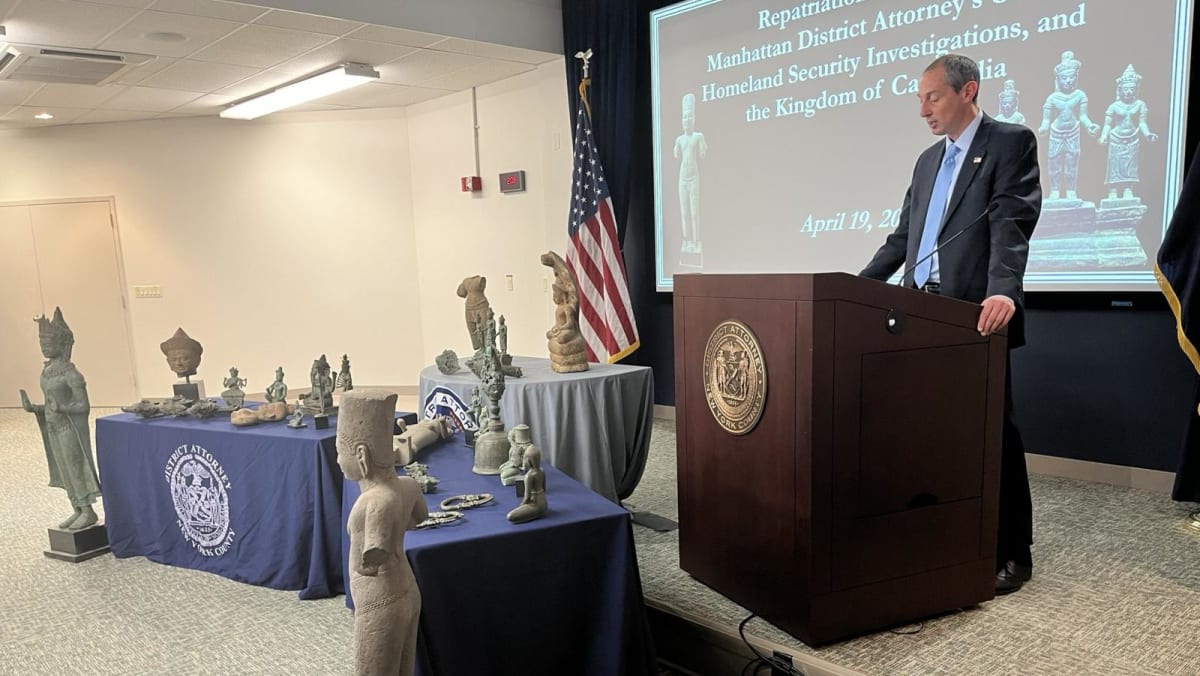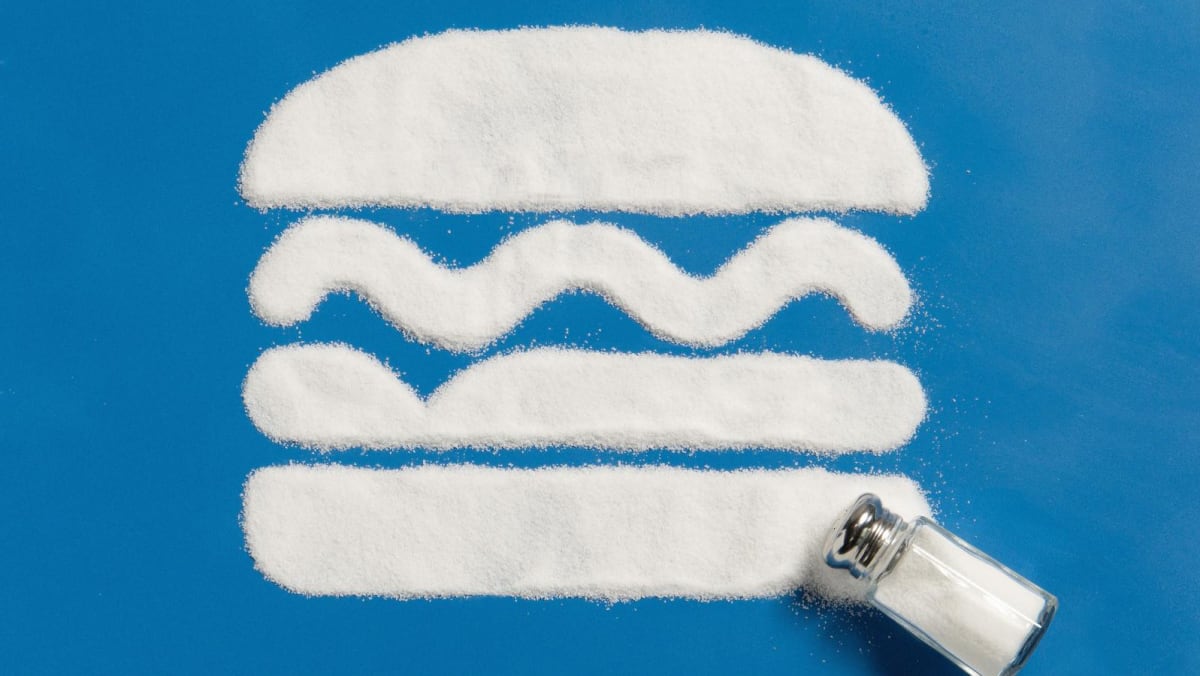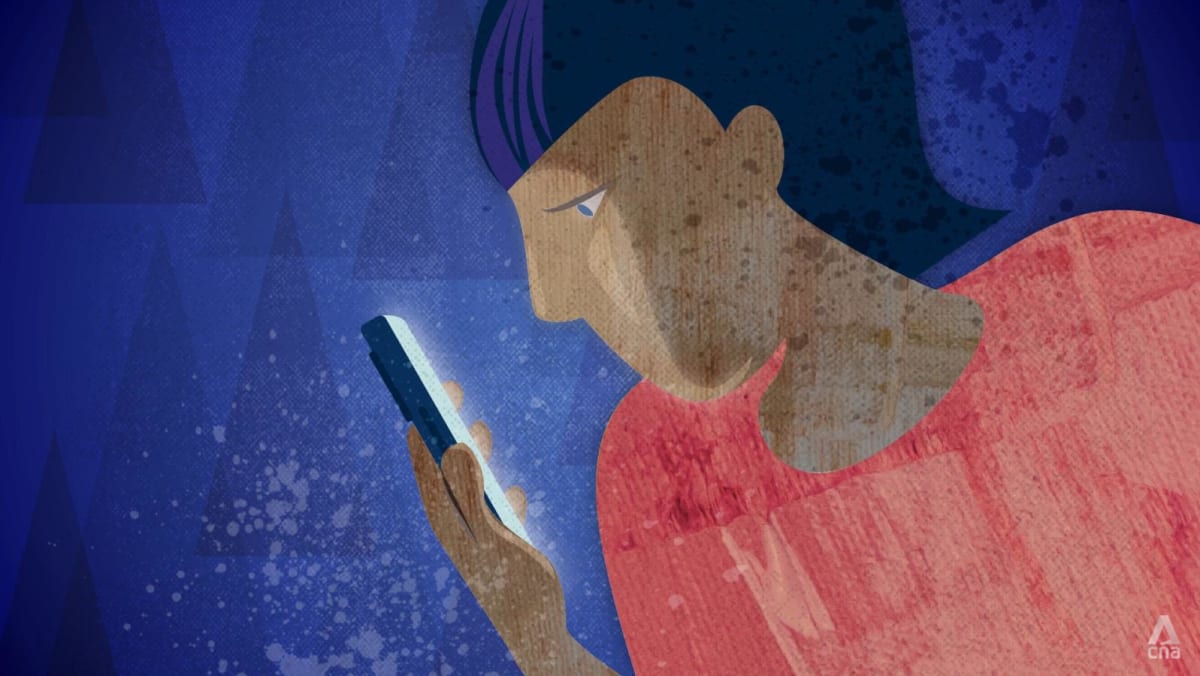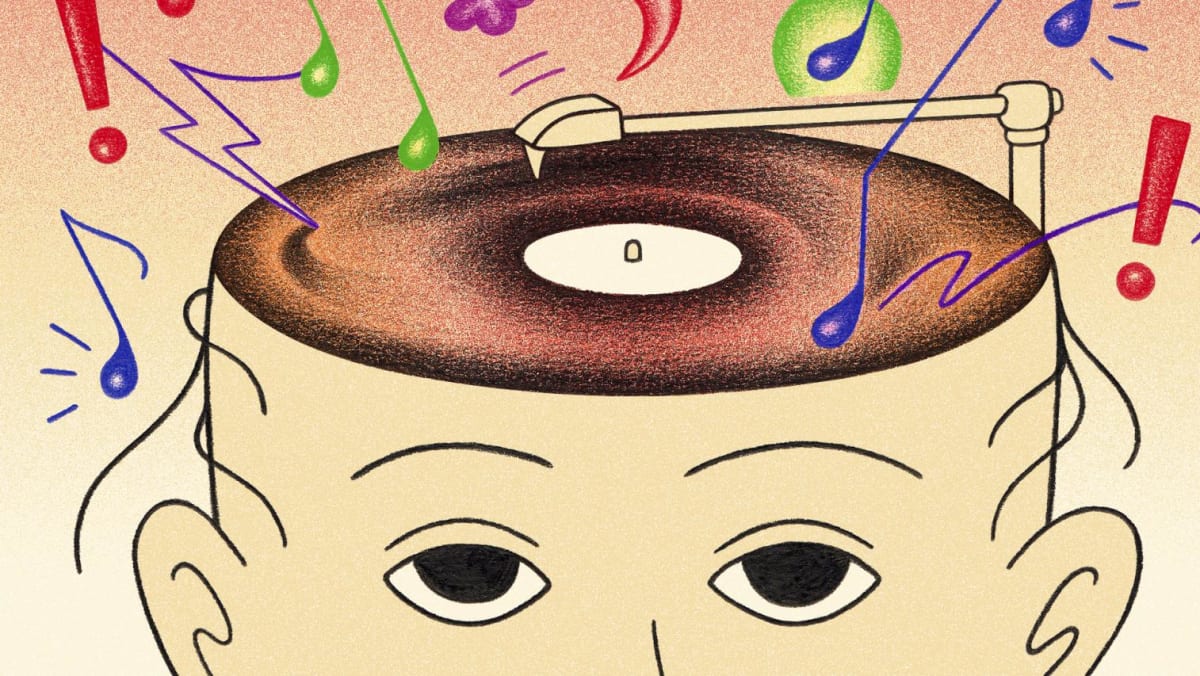This perspective garnered a lot of mainstream attention, Dr Appel said. But other researchers found serious flaws with the contradictory studies; the main issue being that they could not accurately measure how much sodium people consumed, he added.
In a 2022 analysis, Dr Hu and his colleagues compiled the results from studies that used more rigorous methods. Among 10,700 adults who were followed for nearly nine years, most consumed between about 2,250 and 5,250 milligrammes per day. The researchers found that those who consumed the least amount of sodium had the lowest risk of cardiovascular disease. And as sodium consumption increased, so did cardiovascular risk, a finding that supports the U.S. guidelines.
The sodium debate illustrates many of the challenges of nutrition research, Dr Appel said. Large nutrition trials are much harder to conduct than large drug trials, he said, especially when looking at long-term health risks like heart attacks and strokes. Instead, nutrition researchers often rely on study designs that can only show associations between certain eating patterns and health, and conflicting results are common.
But the evidence to support reducing sodium consumption to the recommended levels is “pretty darn strong,” Dr Appel said.
And, Dr Hu added: “I don’t think we should wait for perfect evidence to take action.”
SO, DO I NEED TO CUT BACK ON SODIUM?
If you have high blood pressure, reducing your sodium consumption will most likely help lower it, said Dr Deepak K. Gupta, a cardiologist at Vanderbilt University Medical Center in Nashville. This has been shown in many studies, including a 2023 trial led by DrGupta, which suggested that, in most people, low-sodium diets reduced blood pressure about as well as a medication did.














